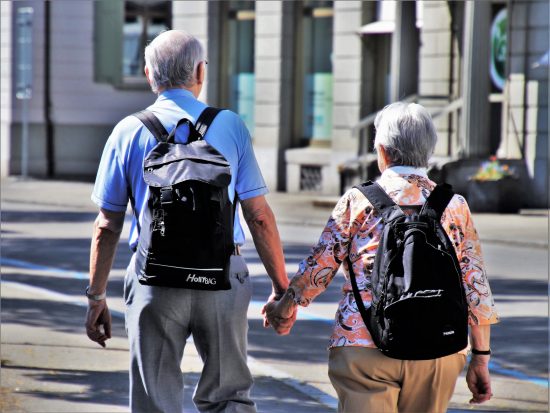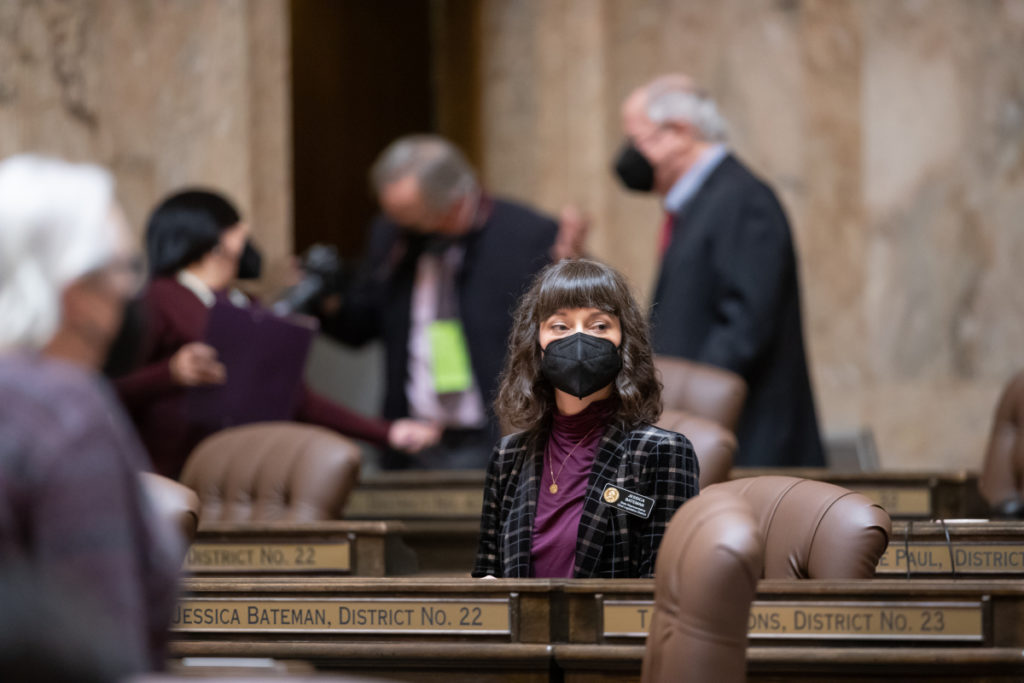Dear neighbors,
Our state is stronger when everyone has an opportunity to thrive.
A safe, warm place to sleep is a fundamental human need.
Access to safe and affordable housing isn’t a luxury. It’s the foundation of healthy families and healthy communities.
Washington state was experiencing a housing crisis before the Covid-19 pandemic and over the last year many families have fallen behind in rent.
Governor Inslee has extended the eviction moratorium to through March, but we must avert the potential tsunami of evictions that could take place without further legislative action.
In addition, we need to strengthen protections for renters, low-income households, and create diverse housing options for our communities.
Because everybody needs a home.
Housing is such an important issue to me because I know it’s a critical concern for so many of you.
Here’s an update on important housing legislation proposed this session.
Good cause eviction & renter protections
House Bill 1236 establishes a standard of acceptable causes for eviction, closing harmful loopholes in our fair housing laws that have existed for decades. These protections will ensure that no renter is forced out of their home without a just cause.
Senate Bill 5160 protects renters by prohibiting landlords from charging late fees or other chargers for non-payment of rent during the public health emergency. It requires landlords, before any collection action for unpaid rent accrued during the public health emergency, to first offer tenants a repayment plan based on individual, financial, or health issues.
It also requires the court to appoint counsel for low-income tenants and for the state to pay the costs of such legal fees.
Dedicated funding for rent assistance
House Bill 1277 creates a critical funding source to prevent eviction for renters. It helps people who are currently behind on rent and serves as a vital safety net as we navigate near and long-term income volatility. This legislation dedicates ongoing funding for the operations of desperately needed permanent supportive housing.
Mobile home tenant protections
House Bill 1083 makes a number of changes to protect those who live in mobile homes. Tenants are often seniors, the working poor, veterans, and the disabled. They are also often on the edge of homelessness, especially if a mobile home park changes ownerships or decides to close.
This legislation provides cash assistance to help mobile home tenants secure alternative housing and removes the limit on cash assistance of 40 percent of total assistance disbursed. It also gives financial assistance to mobile home park owners for the demolition and disposal of the home when tenants transfer title of the home to the park owner.
House Bill 1100 requires manufactured or mobile home park landlords to provide tenants with the opportunity to purchase. It provides a fixed period of time within which to provide written notice of intent expressing an interest to purchase or lease and make an offer, during which time the landlord must not make a final unconditional acceptance of an offer from others.
Planning for affordable housing
House Bill 1220 updates the housing goals of the Growth Management Act to include planning for and accommodating affordable housing. It also requires jurisdictions to plan for creating moderate, low, very low, and extremely low-income housing.
Finally, this legislation directs jurisdictions to address racially disparate impacts and displacement in the housing element of the comprehensive plan.
Abundant & diverse housing options
Housing and rent prices continue to rise faster than wages can keep up, and more and more families are spending up to half of their income on housing costs.
This puts people at greater risk of falling into homelessness, especially seniors, people with disabilities, and low-wage workers. And our local businesses struggle to grow when families have so little left over after housing costs.
To address the housing crisis, we must increase housing options.
House Bill 1337 provides a financial incentive to cities and counties that allow qualifying accessory dwelling units to be built.
Senate Bill 5390 amends the elements of a comprehensive plan to ensure consideration of multifamily housing units and housing targets. It also creates real estate excise tax density incentive zones within urban growth areas in buildable land areas.
What’s next?
We are on the cusp of a number of deadlines here in the House and Senate.
Soon, all bills that change policy must get passed out of committee or they’re considered dead. This is called policy cutoff.
Bills that spend money, or raise revenue, have a different deadline, called fiscal cutoff.
After both of those deadlines, we will stop committee meetings and spend all of our time on the floor of the House debating legislation, including these housing bills.
When our time on the floor is done, all legislation that passes the House goes to the Senate and vice versa. That’s the House of Origin cutoff.
After some of these deadlines, I’ll give you an update on the status of these housing bills, and other important legislation being considered this year.
Thank you for being informed and involved. As always, I welcome your ideas, comments, and questions. Please get in touch.
I hope to hear from you soon!




